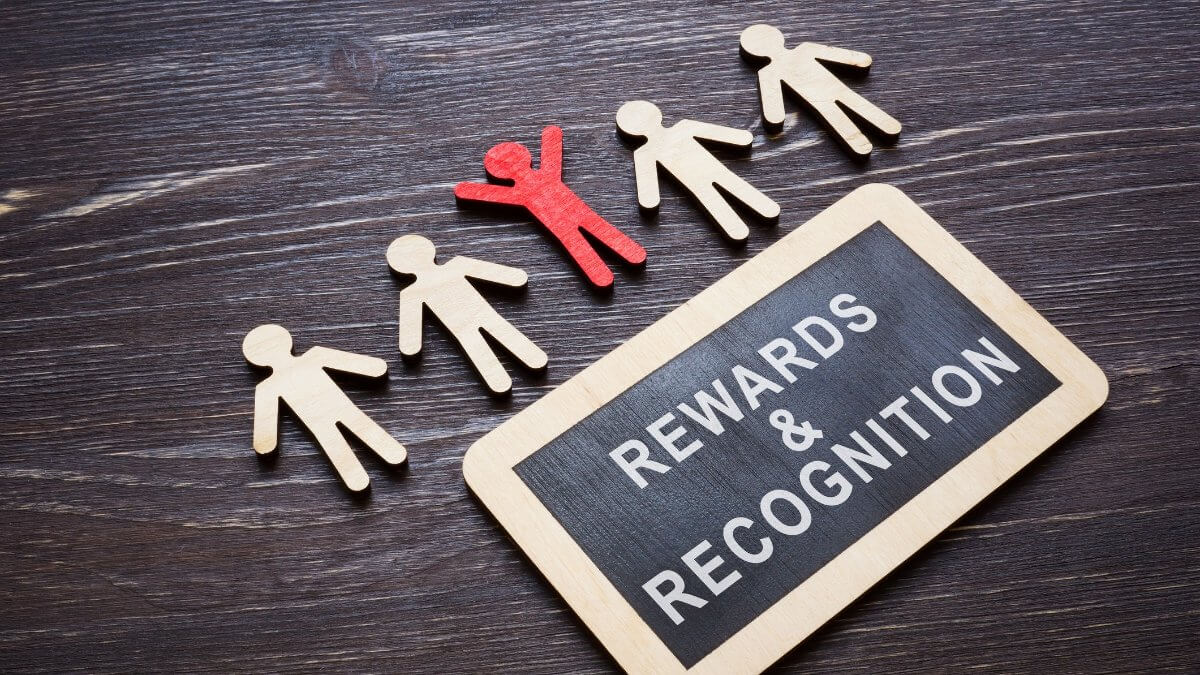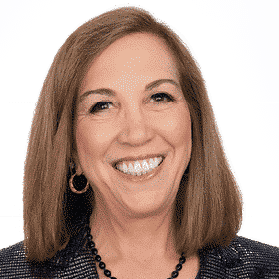
Home » Beyond the Letters: Reflecting on NOHS Titles, Recognition, and What Matters Most

The American Kennel Club’s (AKC) recent announcement introducing official National Owner-Handled Series (NOHS) Levels of Achievement titles marks yet another pivotal moment for owner handlers.
In 2022, AKC announced the addition of Bronze, Silver, Gold, and Platinum designations. In 2023, nationwide NOHS Regional Events became a reality for new ways to tweak the system and earn NOHS points. These changes add to, and are earned through, a lifetime accumulation of National Owner-Handled Series points.
Now, in 2025, AKC is rolling out a new development for owner-handled dogs: official suffix titles and downloadable certificates for each level of achievement. Exhibitors can now celebrate their efforts in a new and visible way. While this latest announcement sparked excitement and gratitude in some exhibitors, it also stirred reflection—and, in some cases, controversy—in others.
As an AKC judge and mentor, I see both the intention behind this initiative and the wide range of reactions it has triggered. Some see it as long-overdue recognition. Others worry it will deepen existing divides in the fancy. Some raise questions about what titles mean in the context of breed quality and competition integrity.
The reactions to my recent Facebook post, “Are you happy with the new AKC announcement about recognition of NOHS as part of your dog’s official name? What are the positives and negatives in your view?” offered an unfiltered look at how the community is processing this change.
Responses* came under the following categories:
The reaction was immediate and unequivocal for many: “Yes, absolutely.” Gina summed it up well: “It’s a lot of proverbial blood, sweat, and tears that goes into getting those levels. I’m glad AKC is adding it to the dog’s titles.” Jane echoed this: “It’s harder than many other titles we’ve earned, plus it costs WAY more.” Exhibitors are taking time off work, self-funding travel, grooming, training, and competing in rings where the margin for error is razor-thin.
For many, the joy of official recognition is personal and hard-earned. Christine proudly shared that her dog was her breed’s first Bronze NOHS Smooth Coat. Tammy celebrated her dog achieving Platinum, a testament to years of work, love, and dedication.
As a judge, and in my Dog Show Mentor program, I see a lot of hard work from the exhibitors. Hard work is not limited to the owner handlers. Professional handlers also work hard at their craft.
NOHS is not about rewarding hard work but about hard work paying off. Ultimately, it’s about having an excellent dog and the skills and knowledge to show that quality to judges with a wide range of experience and knowledge. Professionals get paid while the owner handlers self-fund, but that’s nothing new, and it’s a choice that hobby breeders and exhibitors make for the love of their breed, their dogs, and the sport.
Seldom does a discussion about any NOHS component leave out the “blame component” around the quality of judging. Amy expressed excitement, but also highlighted the need for better judges’ education. “I do hope there will be some judges’ education,” she said, noting that not all judges apply NOHS criteria correctly. Figuring out who’s eligible has been an issue for owner handlers since it began, and it would be easily remedied if both judges and owner handlers carried the AKC NOHS Flow Chart at shows. The quality of judging itself is another matter.
There is always the complaint that judges “don’t even know what breed I’m showing” or “the judge asked me if there were any disqualifications in the breed,” which ties the bow around the lack of required education on the NOHS Group judges. On the other hand, many judges have much knowledge that may surprise some exhibitors. Many judges work hard to do the best job they can, whether it’s the regular or NOHS Groups. It’s unfair to lump all judges together.
Still, not everyone is celebrating. The most vocal concerns came in two camps:
Dana made the case for a prefix title, arguing that NOHS is a conformation recognition, not a performance one. Katie agreed, adding that the required effort merits front-end recognition: “It’s a lot of sweat. Have it as a prefix like NOHSP [referencing NOHS Platinum level], similar to the official GCHG and the dog’s registered name.”
It is assumed that AKC may have placed the title at the end because NOHS is a “special attraction,” not a universal class, and thus, often confused with championship titles. I speculate that, unless there is a change in the AKC Bylaws and Rules making NOHS an official class with an entry fee like Bred-By Exhibitor, it will remain a special attraction.
A few exhibitors expressed concern that NOHS points, particularly in low-entry breeds, can be accumulated without much direct competition. Carrie noted, “A dog could get titles without ever beating another dog… thus viewing it as an achievement more than competition.” This tension between competition and recognition echoes in conversations around the integrity of the new NOHS titles, particularly as they relate to dividing the sport into two divisions: professionally handed dogs and owner-handled dogs.
Perhaps the most emotionally charged feedback came from those who see the NOHS titles as deepening an already problematic rift between professional handlers and owner handlers. Louise voiced discomfort with “anything that deepens the divide,” and Jordan expanded: “It feels like another way to separate us instead of just giving us a seat at the same table… Like, ‘Here’s your title, but not that title.’”
One person posted that I couldn’t see both sides when s/he said this would “give judges more ability to put up pros.” I almost fainted. Kathy added a broader concern: “It furthers the divide between owner handlers and pros when it should be about
the dogs.”
Well, of course it should be about the dogs. It is except when anyone in the sport calls it “Owner Handler,” not “Owner-Handled.” The former is “adult junior handling” and the latter is judging dogs that their owners show.
The sentiment was echoed by James, who critiqued a shift in the sport from evaluating dogs to rewarding handlers. “The quality of dogs has dropped in proportion to this behavior,” he warned, “since breeders look to breed with the dogs pointed at most often.”
These comments are a reminder that while recognition is important, the larger conversation around dog shows must continue to focus on preservation, breed quality, and education—not just accolades. The fact is that I hear judges and many professionals lauding the merits of the quality of dogs that have emerged from the NOHS program. Many NOHS-ranked dogs are also nationally ranked in other recognized systems. It has given an edge to the competitive spirit.
As a judge, I see firsthand the spectrum of exhibitors—from seasoned pros to first-time owner handlers—each with their own strengths, struggles, and triumphs. I’ve been challenged at the steward’s table. I’ve had to explain NOHS eligibility using AKC’s flowcharts. I’ve seen exhibitors beam with pride when their hard work is acknowledged, and heartbreak when it’s not.
But here’s the truth: How we choose to show up matters most. A title doesn’t define your blood, sweat, and tears, or your dog’s quality. When you show up 110 percent, the title is earned in a whole different way. It means that your dog’s virtues are recognized by multiple judges over time, in part because of the way you presented them. If you have to twist elbows and hocks or poke bellies, your dog may have more faults than a member of its breed should have.
No dog is perfect, but when you know your Breed Standard well enough to calculate faults versus virtues you will be able to identify when it’s time to get a better dog. The divide isn’t between professionals and owners; it’s about having the better dog, in better condition, and presented with quality handling. Of course, it’s also about how we steward our breeds, which is up to the breeders and owners. Professionals show the dogs they are offered. They don’t always have a choice of the best (though sometimes they can). The pros see the changes coming and know the owner handlers are getting ready to mow them over.
What if we look at it more positively and turn it around?
What if we turn our view from a negative aspect to one of gratitude? I’m not a “Pollyanna.” Some things need to change. We are all responsible for turning the sport around or going down the wrong path. Every one of us contributes to the big picture.
What if:
I believe in the power of mentorship. We are better when we learn together, teach from experience, and receive with an open mind. NOHS titles, whether you celebrate them or not, are a chance to talk about something deeper: welcoming newcomers, recognizing effort, and carrying the responsibility of our sport into the future.
The AKC’s decision to officially recognize NOHS Levels of Achievement as part of a dog’s name may seem like a small change. However, like any change, it holds a mirror up to our community. It shows us what we value, what we fear, and what we aspire
to become.
Let’s not just ask, “What does this title mean?” More importantly, “What do we mean to each other, to the dogs, and to the future of our sport?”
If we get that right, everything else will follow.
*All the names have been changed to protect the identity of all the kind people who posted on Facebook.
